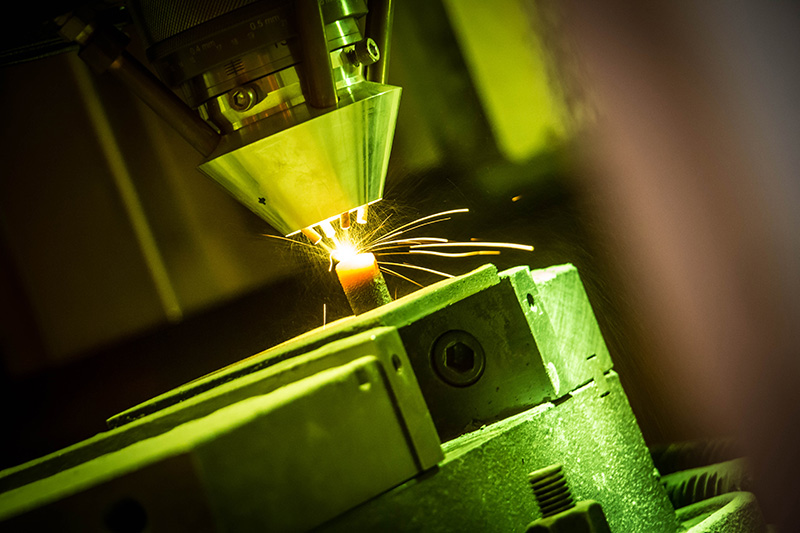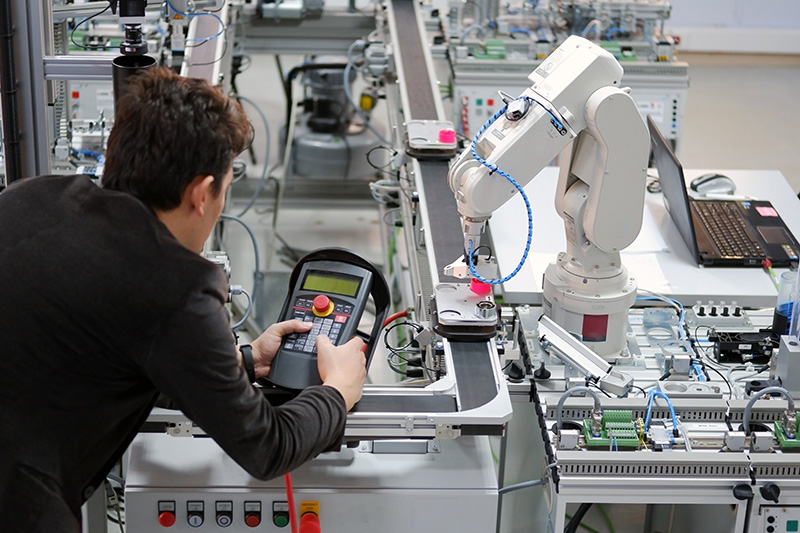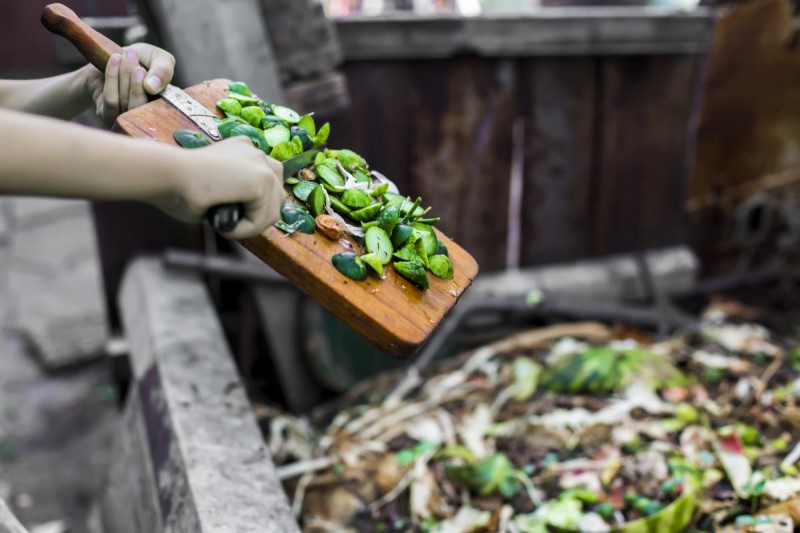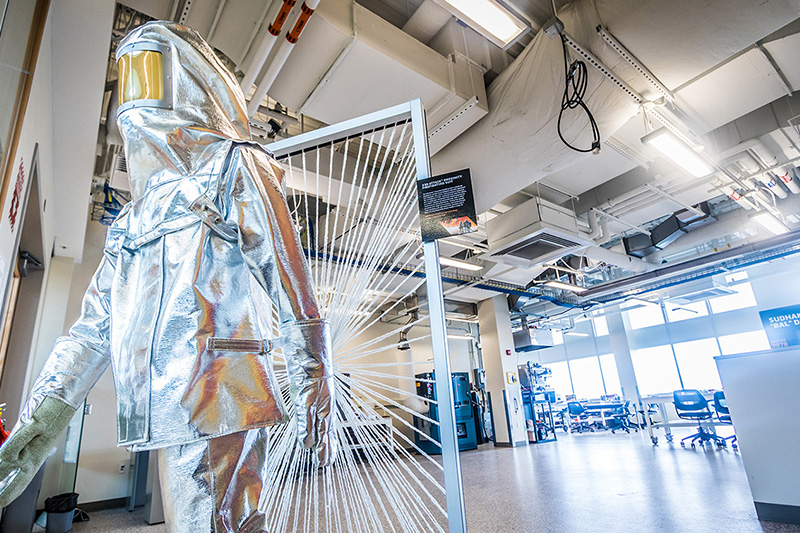Signature Initiatives
Our signature initiatives are strategic programs we launched to bring meaningful change to key industries.
Nabil Nasr, the founding director of GIS, was instrumental in the formation of the REMADE Institute, the largest U.S. research consortium dedicated to maturing the state of promising recycling and remanufacturing technologies. GIS, under the direction of Dr. Nasr, led the proposal team of 26 universities, 44 companies, 26 trade associations, seven national labs, and three states to submit a winning proposal in response to the original RFP issued by the U.S. DOE in 2017.
We work with New York State manufacturers to help them thrive in the Fourth Industrial Revolution. We give them the knowledge and skills they need to confidently adopt new technologies and processes, robotics, the Industrial Internet of Things, Big Data, machine learning, and more. We partner with companies to unlock the benefits of digitalization and identify the most impactful opportunities for their operations.
Led by John Warner, a founder of green chemistry, the Green Chemistry Innovation Initiative (GCI2) helps companies adopt the principles of green chemistry to transition away from toxic chemicals and create safe and sustainable products and processes. Focus areas of the initiative include workforce development training; safer chemical design and product reformulation consultation; applied research on new, green chemicals and processes; and implementation of green chemistry best practices in industry.

Life Cycle Assessment
Over the past decade, GIS researchers have led pioneering research to expand and refine the value of life cycle assessment (LCA) as a methodology for quantifying the impacts of products, materials, or industrial processes. A strategic goal of GIS is to advance LCA strategies that manufacturers can deploy to find realistic, meaningful pathways to resource-efficient practices.
We are leading efforts to better understand and mitigate the problem of food waste in the United States in various ways. With sponsorships from the National Science Foundation, U.S. Environmental Protection Agency, New York State Department of Environmental Conservation, and National Grid, we are conducting research on waste diversion, energy and water efficiency, resource conservation, ecosystem health, policy analysis, stakeholder engagement, and techno-economic and life cycle environmental assessment.

Remanufacturing Technology Roadmap
In 2017, we published a report identifying research priorities that would improve remanufacturers’ capabilities and competitiveness of U.S.-based firms. The report was used to build consensus around barriers to competitiveness and research priorities. This report informed the research priorities in the early formation of the REMADE Institute.
We are leading an effort to attract and educate a new generation of thermal protection product developers and researchers through the development of a new research lab focused on establishing partnerships dedicated to improving the science behind thermal safety product industry. The lab will advance the science and technology of thermal protective textiles to increase market competitiveness, human safety, and environmental health. This was made possible by a generous donation by Bal Dixit, chairman of Newtex Industries.






